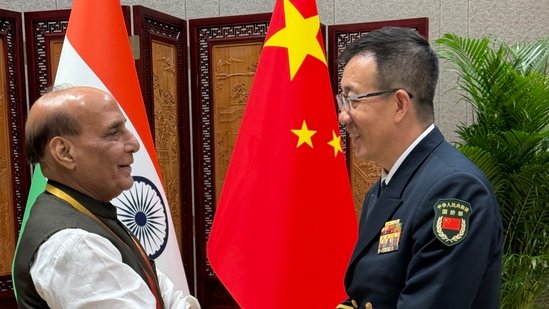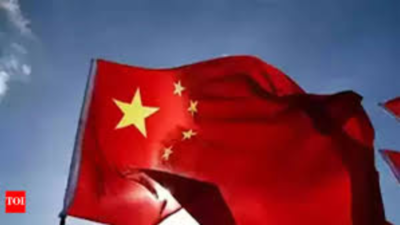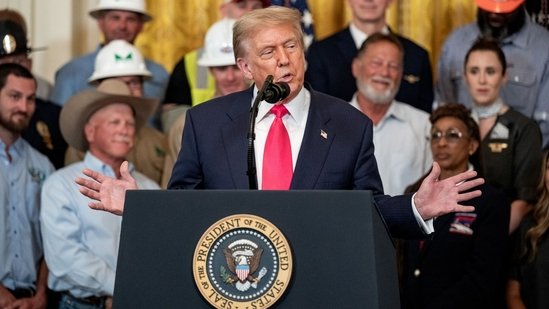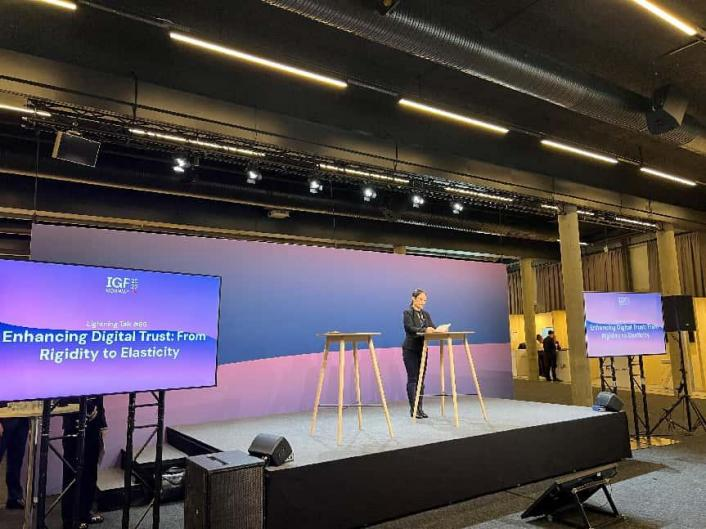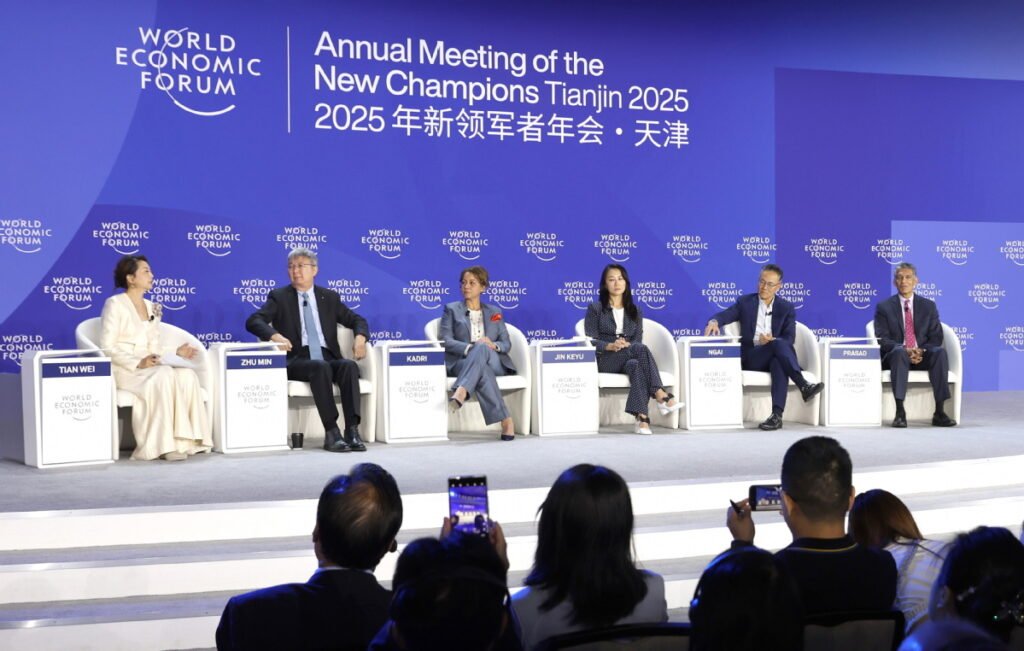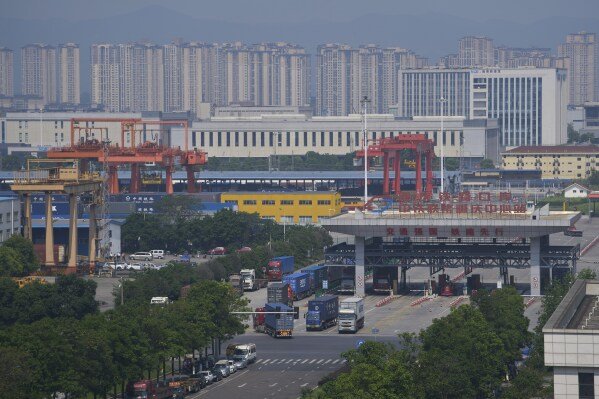TLDRs;
- Global South countries are asserting leadership on AI ethics while remaining neutral in US-China tensions.
- UNESCO’s AI ethics forum pushed for practical governance, despite the absence of the US and China.
- Thailand pledged $15 billion and 90,000 AI professionals to strengthen its independent AI strategy.
- Experts urge a shift in mindset, framing AI governance as a global responsibility, not a zero-sum race.
As geopolitical tensions between the United States and China intensify, the United Nations is urging countries to rally around building a global ethical framework for artificial intelligence.
At the heart of this push is UNESCO, which hosted the third Global Forum on the Ethics of Artificial Intelligence in Bangkok from June 25 to 27. The event brought together more than 1,000 participants, including 35 ministers from regions spanning the Asia-Pacific, Africa, and Latin America.
Notably absent were representatives from the US and China, the two dominant forces in AI development. Their absence cast a long shadow over the gathering, reinforcing fears that efforts to establish global AI norms are being fractured by superpower rivalry. Despite this, UNESCO’s Director General Audrey Azoulay called for unity, urging governments, businesses, and civil society to collaborate on ethical guidelines that prioritize the collective good over national or commercial interests.
Global South Steps Forward
While the absence of the US and China drew headlines, countries from the Global South used the forum to assert their growing influence in the AI debate. Thailand emerged as a prominent voice, with Prime Minister Paetongtarn Shinawatra announcing a plan to train 90,000 AI professionals and invest over $15 billion in AI infrastructure. At the same time, she made clear that Thailand would not be taking sides in the US-China rivalry, emphasizing instead the country’s commitment to neutrality and regional cooperation.
This approach reflects a broader trend among middle powers, particularly within ASEAN, who are crafting their own AI strategies independently of the geopolitical tug-of-war. Irakli Khodeli, head of AI ethics at UNESCO, noted that the forum allowed these nations to articulate their distinct priorities, which often differ from those of global superpowers. While some countries focus on security and control, others are more concerned with equitable access and sustainable deployment.
From Ethics to Action
A central theme of the Bangkok forum was the difficult transition from high-level ethical principles to enforceable, on-the-ground governance. UNESCO introduced a “readiness assessment methodology” that invites countries to critically evaluate their own AI strategies through questions ranging from environmental impact to social justice. More than 70 nations have already engaged with this tool, showing that there is appetite for action, even if binding enforcement remains elusive.
Khodeli was quick to dismiss the idea that the forum was purely symbolic. Rather than a talk shop, he described it as a space for serious exchange and policy coordination. Yet, the sheer speed of AI development, coupled with fragmented national interests, continues to outpace regulatory solutions.
Rethinking the Narrative
Amid calls for ethical clarity, some thought leaders are pushing for a complete reframing of how AI is discussed. De Kai, an AI researcher and professor at the Hong Kong University of Science and Technology, likens AI to climate change, a global challenge requiring shared responsibility. In his new book, Raising AI, he suggests treating AI systems as entities that must be ethically “parented” to reflect humanity’s highest values.
Rather than viewing AI as a competitive arena between the US and China, De Kai argues for a cooperative global approach rooted in mutual responsibility. This perspective is gaining traction among stakeholders who see the current arms-race framing as counterproductive, especially when both nations face the same ethical dilemmas, from bias and surveillance to societal impact.
The Bangkok forum may not have resolved these challenges, but it marked a significant step in rallying diverse voices around a shared vision. Whether that vision can survive the crosswinds of superpower politics remains an open question.


